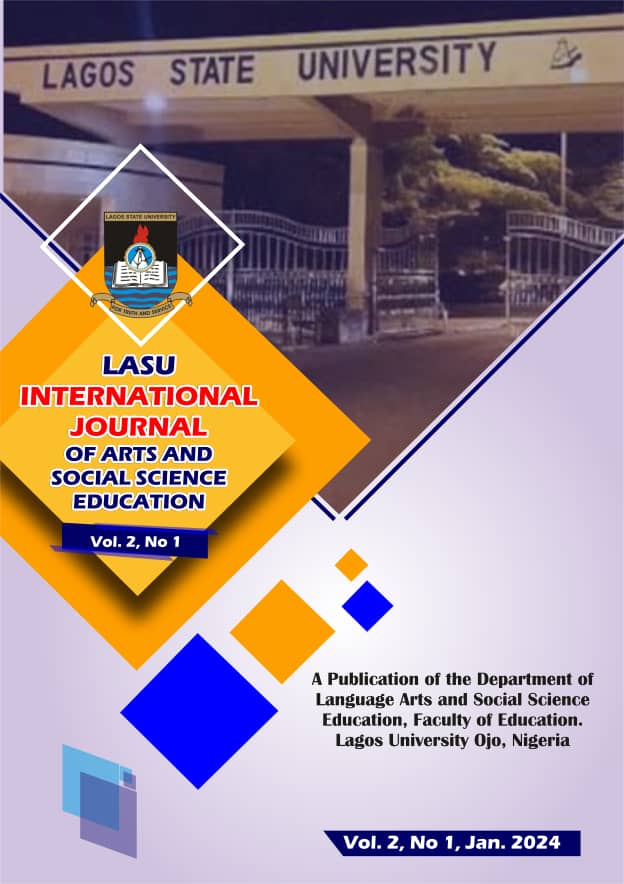Unity is essential for fostering harmonious and peaceful coexistence within a society, making it imperative to adopt strategies that promote national unity for progress and development. Nigeria, a country rich in natural resources, faces persistent economic challenges despite its vast resource base. This has fuelled the growing demand for resource control, a central issue in contemporary political discourse. This study seeks to review the Islamic teachings relevant to national unity and resource control, aiming to uncover Islamic perspectives on these matters. Descriptive and analytical research approaches were employed, with data sourced from both print and electronic materials. Findings revealed that Islamic education, when properly implemented, emphasizes moral uprightness, social justice, and mutual respect, which are crucial for addressing the tensions arising from resource distribution. It was also noted that the integration of Islamic teachings on economic equity and conflict resolution into national educational curricula could foster a sense of shared responsibility and national cohesion. However, the study identified challenges such as political manipulation, ethnic divisions, and inadequate religious education frameworks, which undermine the potential of Islamic education in achieving these goals. The study concluded that Islamic education offers significant insights for addressing resource-based conflicts and strengthening national unity. It recommended that policymakers and religious leaders collaborate to incorporate Islamic principles of justice and resource management into civic education programs, while promoting interfaith dialogue and community engagement to address the broader socio-political challenges facing Nigeria.









